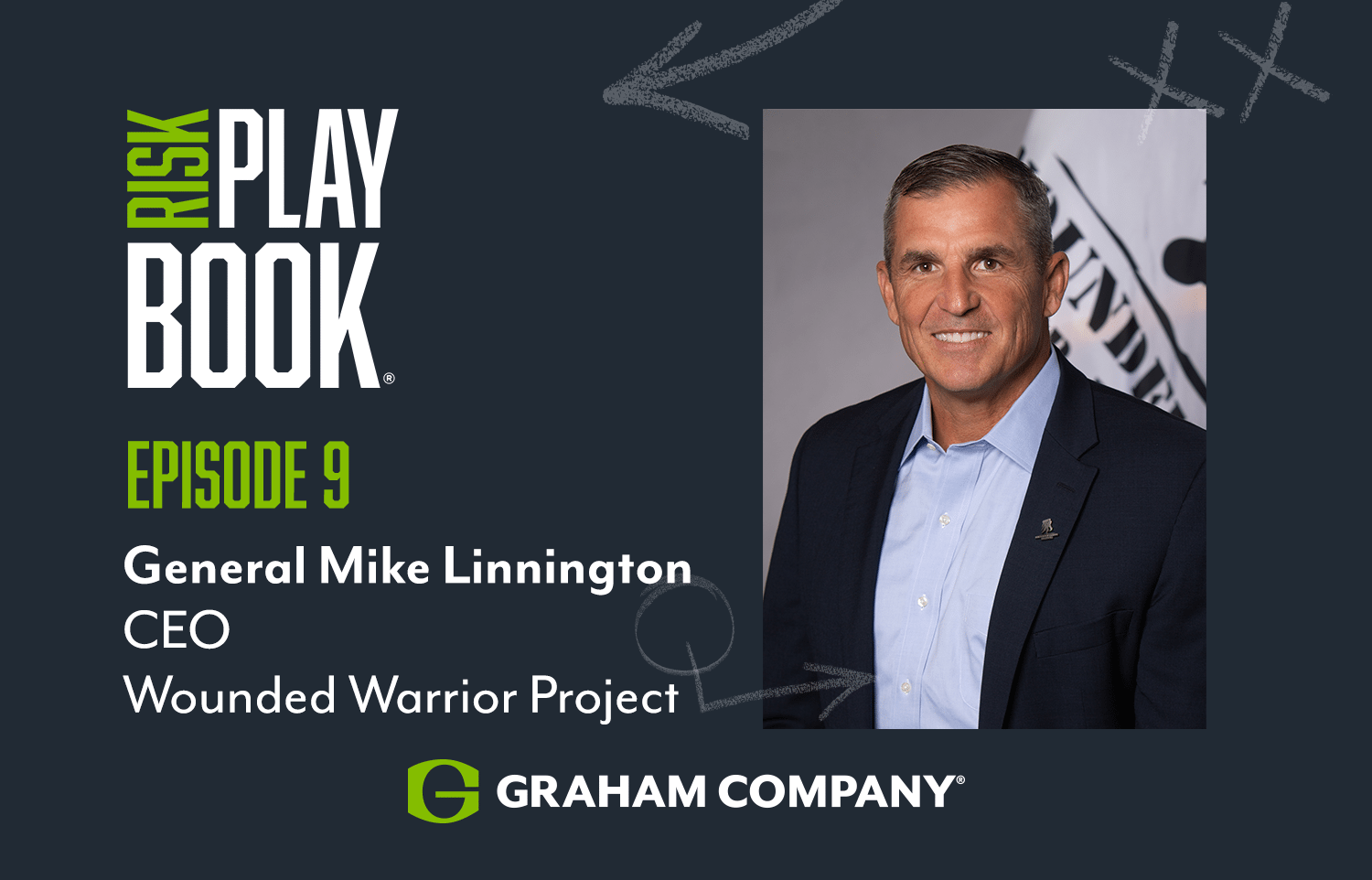As a leader in an organization, you face more than just the pressure of succeeding in your role professionally. By taking on an executive position, you also open yourself up to personal risk for decisions you make on behalf of the organization.
In a blog post earlier this year, I discussed the importance of Directors and Officers (D&O) liability insurance, a product that protects the personal assets of the executives responsible for designing and executing corporate policy.
Organizations of all sizes and functions — ranging from nonprofits and educational institutions to Fortune 500 companies — should have a D&O liability insurance policy in the event an executive is sued, but companies should also consider purchasing this coverage as part of a larger package of “Management Liability” insurance coverages.
Management Liability Insurance Coverages
The following can be purchased as stand-alone policies or as a larger “Management Liability” package:
D&O Liability
Executives responsible for making decisions on behalf of the company, such as determining and carrying out corporate policy, bear personal liability if they do not live up to the acceptable “standards of conduct.” This policy covers liability arising from wrongful acts, errors, or omissions by directors or officers in executing their duties in running their organizations.
This policy is appropriate for organizations that wish to protect their executives against claims by shareholders, competitors, and regulators.
Employment Practices Liability
Employment Practices Liability covers wrongful acts in the workplace, such as discrimination, retaliation, harassment, or wrongful termination. It can also cover a variety of other issues arising from inappropriate workplace conduct, such as defamation, failure to promote, or invasion of privacy. Employees typically bring claims against other employees or their employer. Third-party coverage can also be purchased. This coverage applies when the insured employer or one of the insured’s employees harasses a “nonemployee,” such as a vendor or client.
This policy is appropriate for companies seeking protection from employment claims.
Fiduciary Liability
This policy protects the employers, executives, and administrators that oversee employee benefit plans, pensions, 401(k) accounts, and profit-sharing plans against fiduciary liability claims. The Employee Retirement Income Security Act of 1974 was designed to protect employees participating in employer-sponsored pension and benefit plans. This law imposes personal lability on the fiduciaries for plan losses due to breach of duty.
This policy is appropriate for companies offering employee benefit programs and retirement plans. The policy protects the company and the employees administering the programs.
Crime Insurance
Crime Insurance covers losses incurred as a result of dishonest acts, such as fraud, theft, or an impersonation crime by employees or third-party contractors or consultants. This also can include the theft of stock. Insurance carriers have responded to the recent trend of spear-phishing attacks. Many carriers can provide coverage for loss of funds due to a spear-phishing scheme by endorsement, subject to sublimits.
This policy is appropriate for any company that wants to protect itself against criminal behavior, such as theft by employees or third parties.

Philadelphia, PA, 19102







